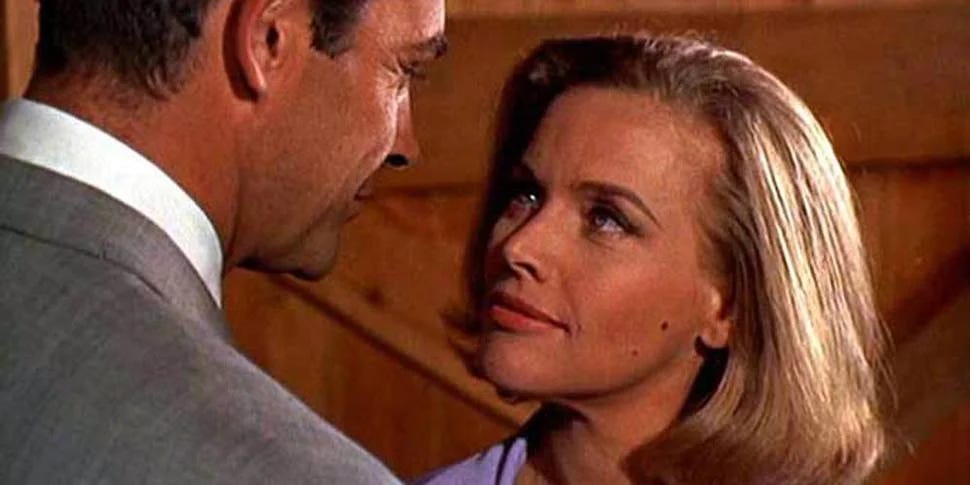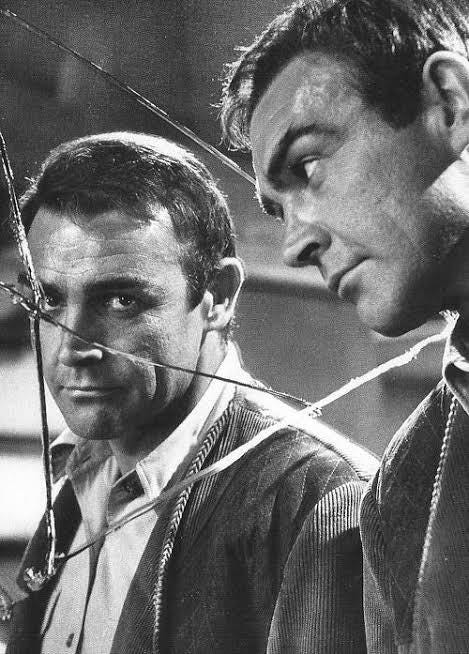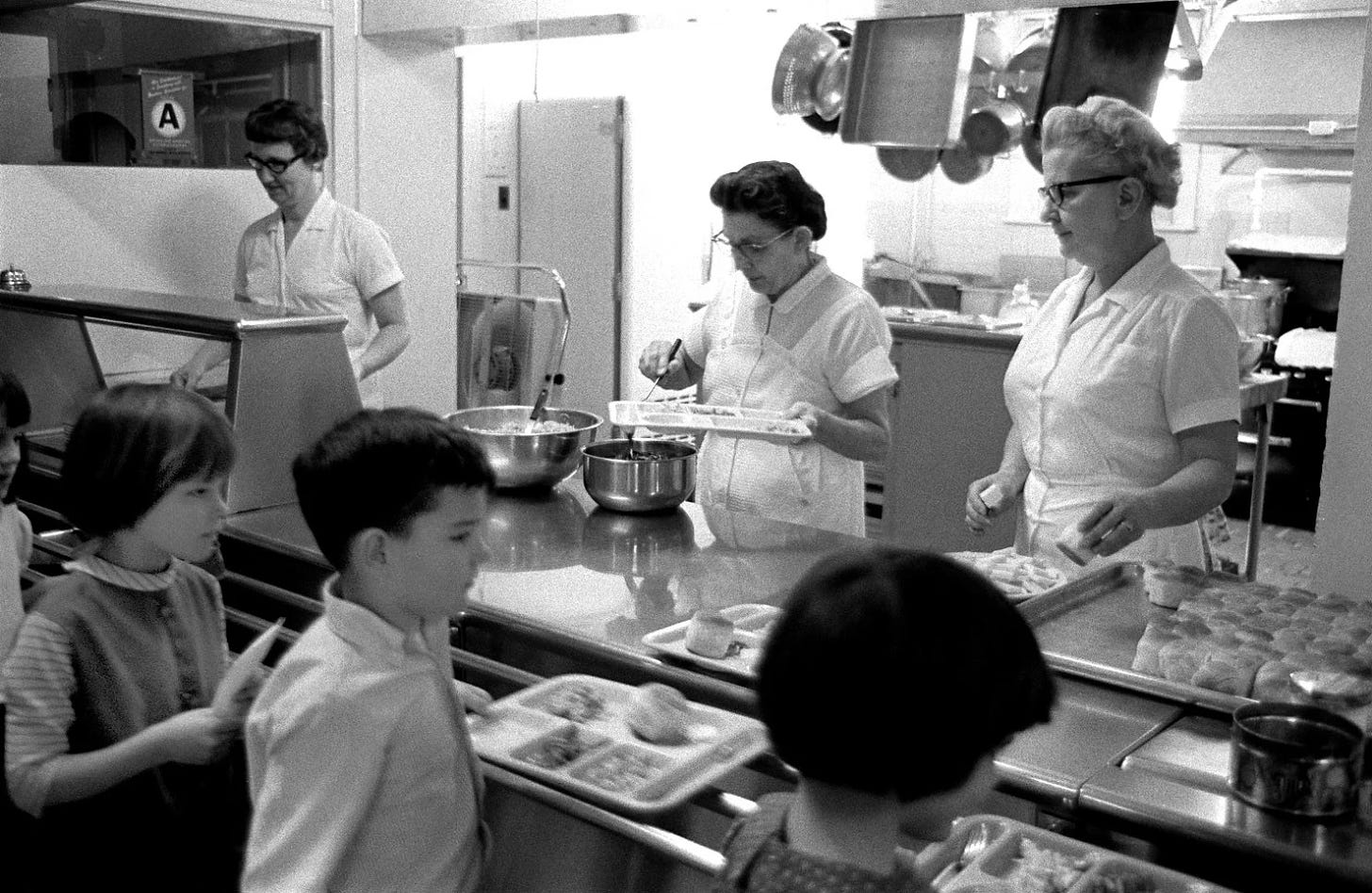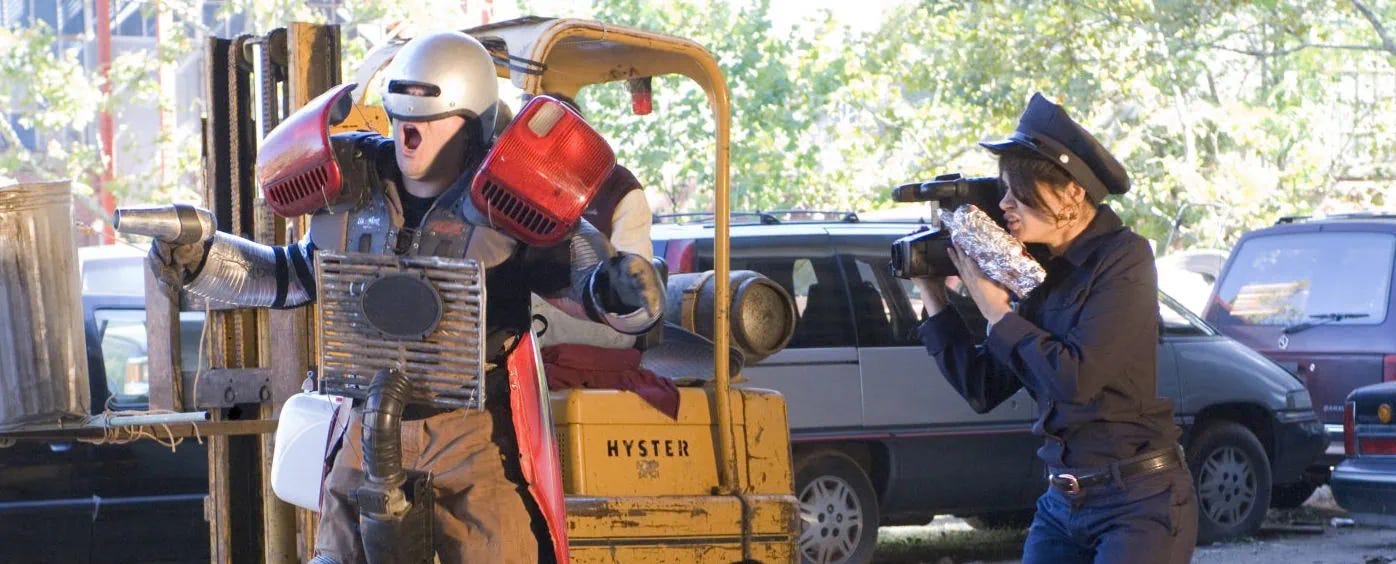Growing Up with Movies: The Look
(A slightly different version of this article appeared on my website blog a few years ago.)
He stands elegantly dressed in a white tuxedo, cradling a cigarette lighter, looking ahead and slightly downward, his cigarette pointed in the same direction. A red carnation practically screams from his lapel, and his left eyebrow is cocked in, what, surprise? Admiration? Attraction? I knew nothing about any of those things when I was an eight-year-old kid watching Goldfinger in a small-town movie theater in central Mississippi. I knew nothing about James Bond or Sean Connery, the man portraying him. But I knew I wanted that look.
Part of what I wanted was Connery’s (and Bond’s) confidence. Here was a guy in total control, and he knew it. He wasn’t afraid to take on anybody, and even if he lost (which was unlikely), he’d go down fighting. This guy could take care of himself. He didn’t need anyone else. I wanted all of that.
I wasn’t an only child, but I felt like one. My brother (12 years older) was off at college most of the time, so I had no sibling to guide me through some of the tough times I might have to go through, real or imagined. I was quiet and withdrawn, and my parents fought, making me even more quiet and withdrawn. When you’re a kid, you often think everyone’s parents act the same way as yours, that everyone is going through what you’re going through.
Or maybe no one else is going through those things. Yet here was Bond, a guy who had all the answers and didn’t need anyone else. That was something I desired and even envied. I didn’t yet understand Bond’s interest in girls, but I was completely on board with everything else about him.
When I was sure no one was looking, I practiced that Connery eyebrow trick in the mirror countless times, never getting it right. How did he make one eyebrow go up without the other one joining in? These pathetic attempts succeeded only in making me look even more like the dopey kid I already was. Instead of appearing cool, I conveyed a look of astonishment, as if surprised at everything. I just couldn’t make it work.
Part of me realized I was simply too young to pull off the Connery look, but it was crucial that I do so. For one thing, “the look” was the only part of Connery/Bond that didn’t cost anything. There’s no way an eight-year-old could get his parents to buy him a tuxedo, but there was a chance I could start smoking. My parents and my older brother all smoked, so I had plenty of access, but no experience. My one feeble attempt (when my parents were both out of the house) convinced me that smoking was not going to be part of my look.
I figured out pretty quickly that my goal to imitate a 34-year-old man was both fruitless and ridiculous. But I could still try to act like Bond, couldn’t I?
But how? I didn’t have a car (certainly not an Aston Martin), a gun (Baretta or otherwise), a shoulder holster to carry it in, or any gadgets whatsoever. Smoking was more than a little frowned upon on the playground of my elementary school, and anyway, I’d flunked the cigarette test.
Witty banter during recess, perhaps. Quotes from the movies I’d seen, James Bond or otherwise. Certainly that would do it. To a classmate who gave a wrong answer in class: “Shocking. Positively shocking.” To a girl who did something I didn’t like: “My dear girl, there are some things that just aren’t done.” And of course, while picking up a half pint of milk in the cafeteria line: “Just a drink. Shaken, not stirred.” (The photo is not of me or my school. I never looked that distinguished.) Rather than bringing total admiration from my classmates, these quips instead gave me plenty of breathing room, since everyone backed away from me, keeping a safe distance.
I soon figured out that the best way to get along with everyone was to keep these pearls of cinematic wisdom to myself and not try to imitate Sean Connery any further. Yet that didn’t stop me from attempting to mimic Clint Eastwood, James Coburn, or even Billy Jack. Yet all those efforts were just as unsuccessful as my attempted Connery makeover.
But that was just around my friends. I could still work on these mannerisms, quotes, and looks. I could become an actor. It didn’t happen often, but other people from Mississippi had become actors: Dana Andrews, James Earl Jones, Stella Stevens, Ray Walston, and the biggest of them all, Elvis Presley. It could be done.
But not by me.
When I was old enough to see what even amateur acting looked like on the local level, I knew it wasn’t for me. Watching and participating (with mostly nonspeaking parts) in school plays and skits made me realize acting would never be something I could do well. I simply couldn’t repeat the same lines over and over in rehearsal, especially while moving from place to place, hitting a tape mark on the stage, projecting my voice, and all the rest. (Ironically, learning to master a musical instrument and teaching music presented the same sort of tireless, over-and-over type of practice/rehearsal, but I didn’t seem to mind that.) Acting was out.
I discovered that writing was a lot more fun. I wrote a couple of things for our high school literary magazine (called Pathways), which was tremendous fun, but I soon learned there were so many different types of writing: short stories, poems, novels (all of which could include multiple genres), essays, jokes, and more. Even though we had a small high school library, I remember walking into it and feeling overwhelmed, knowing that actual people had written all those books.
When I was a junior, our speech teacher gave us the assignment of making a short film. She split us into groups of three or four and told us to go make a movie. She probably stipulated how long the project was to be and other limitations, but I didn’t care. I was off to the races.
I was in a group with my neighborhood friend Danny, a friend from church named Kitty, and a sophomore named Albert. Danny and I were the main writers, but Kitty and Albert contributed ideas as well. We wrote a script based on the concept of someone sitting at home, changing channels on their TV with one line from the end of one show transitioning into the next, making sense in a random comedic way.
A commercial for Ginsu knives, for instance, might segue into a televised sermon, that type of thing. We didn’t use actual footage, but acted out all the parts ourselves (an early version of the 2008 movie Be Kind Rewind, if you will) and invented others. Several of our friends and teachers joined in. Our math teacher, Mrs. Beasley, did a commercial for The Everything Bag, a bottomless purse that contained an impossible number of items that just kept on coming. We found a table with a hole cut in it and had someone underneath the table feeding items through holes in the table and the bag, allowing Mrs. Beasley to pull out a ridiculous amount of stuff. “I have room for this (item), and this (item), and…” The last line of Mrs. Beasley’s dialogue was, “The Everything Bag even has room for…” (change channel) “Mohammed Ali, coming to you, live from…” (Our friend Duane was the closest match we had to Ali and he had the champ’s mannerisms down solid. Casting is everything.)
It was that type of thing for about 10-12 minutes. During our “Oscars” at the end of the year, our production, called “A Visit to Grandma’s” (which had nothing to do with either a visit or Grandma), won “Oscars” for Best Special Effects and Best Picture. It was a goofy thing, but it was also pretty cool. We’d taken something that hadn’t existed, written it down on paper first, then filmed it. (I wish I had the film, but it remained at the school and got taped over. This was in 1979 when they didn’t have all that many tapes and recorded over them frequently.)
The level of satisfaction I got from this project seemed far greater than anything that I could’ve felt from acting, which just didn’t fit my personality. Writing did and does, although I’ve never published all that much. I would’ve been a disaster as an actor.(But my friend Kitty did become an outstanding theater actress as well as an acting teacher.)
I’m sure others have gone a similar route, seeing actors onscreen, onstage, or on television, thinking, “I want to do that.” Yet some discover that they’re better gifted in production design, art direction, cinematography, costumes, any number of things, perhaps things that have nothing to do with movies, theater, or television at all. Or maybe they’re content to be a part of the audience. And even though I’m not directly involved in movies, I love writing about them, even if I’m the only person reading.
But sometimes, when no one is looking, I still stand in front of the mirror and try the eyebrow trick.








